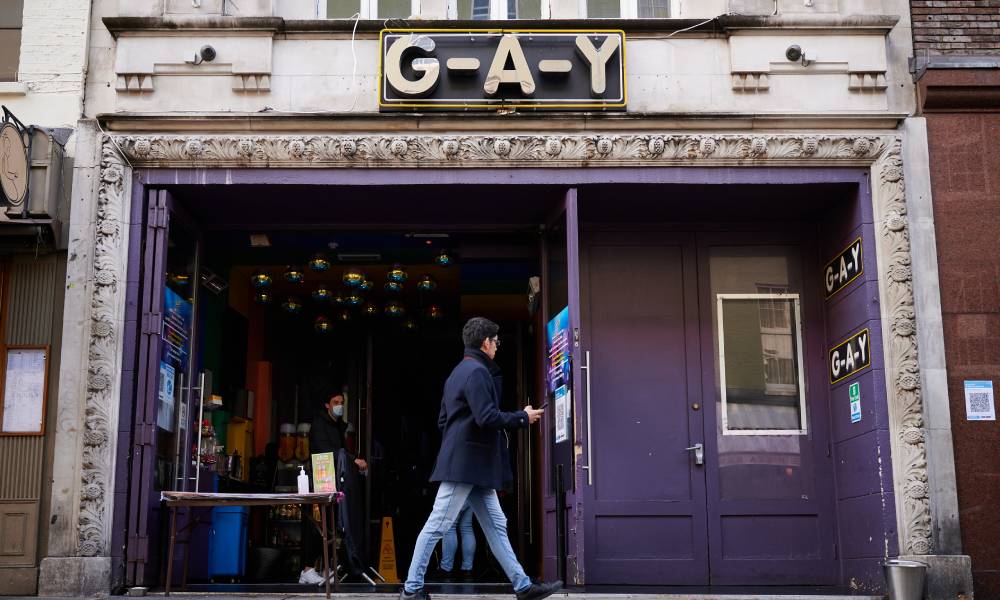Israeli officials call for sweeping gender law reform including self-ID and recognition for trans youth and non-binary people
Tel Aviv Pride 2019 in Israel. (Amir Levy/Getty)
Trans people in Israel should be given legal recognition regardless of whether they have pursued gender-affirming surgery, a government task force packed with top officials has recommended.
A joint committee between the Justice and Social Welfare Ministries suggested a raft of new policies as part of its ongoing efforts to tackle the “exhausting, frustrating and bureaucratic” hurdles the trans community faces.
Deputy attorney general Dina Zilber and deputy director general of the Social Affairs Ministry Avi Motola wrote in an interim report that trans folk should have the right to change gender markers and names on government-issued documents via self-declaration.
The policy, Haaretz reported, would have trans citizens’ declarations authenticated by a lawyer or the Administrator General’s Office.
Documents and forms would also provide a third gender option, “other”, they advised.
As trans people in Israel suffer ‘urgent problems’ government committee pitch vital changes.
The proposals would also give legal gender recognition rights to trans youth aged 15 to 18 with agreement from both parents or legal guardians – welfare authorities would also submit an opinion.
This would be a huge leap in the country’s current laws, which demand trans people’s application be overseen by a Gender Reassignment Board and a public committee in the Health Ministry – such demands have long been seen by activists as humiliating and exhausting.
But the proposed policy would update the board’s guidelines by making them less bureaucratic and invasive.
Headed by some of the country’s leading senior officials across the ministries of justice, health, welfare, education, the task force was founded in October to examine various administrative agencies.
Prime minister Benjamin Netanyahu’s government is one heavily influenced by the ultra-Orthodox core of his coalition, and has adopted a see-saw approach to LGBT+ rights in recent years. Some bills that benefit queer lives are passed, others are not.
This fuzzy line between state and religion has prompted leading LGBT+ leaders to condemn the country’s treatment of trans people as an “urgent problem“.






